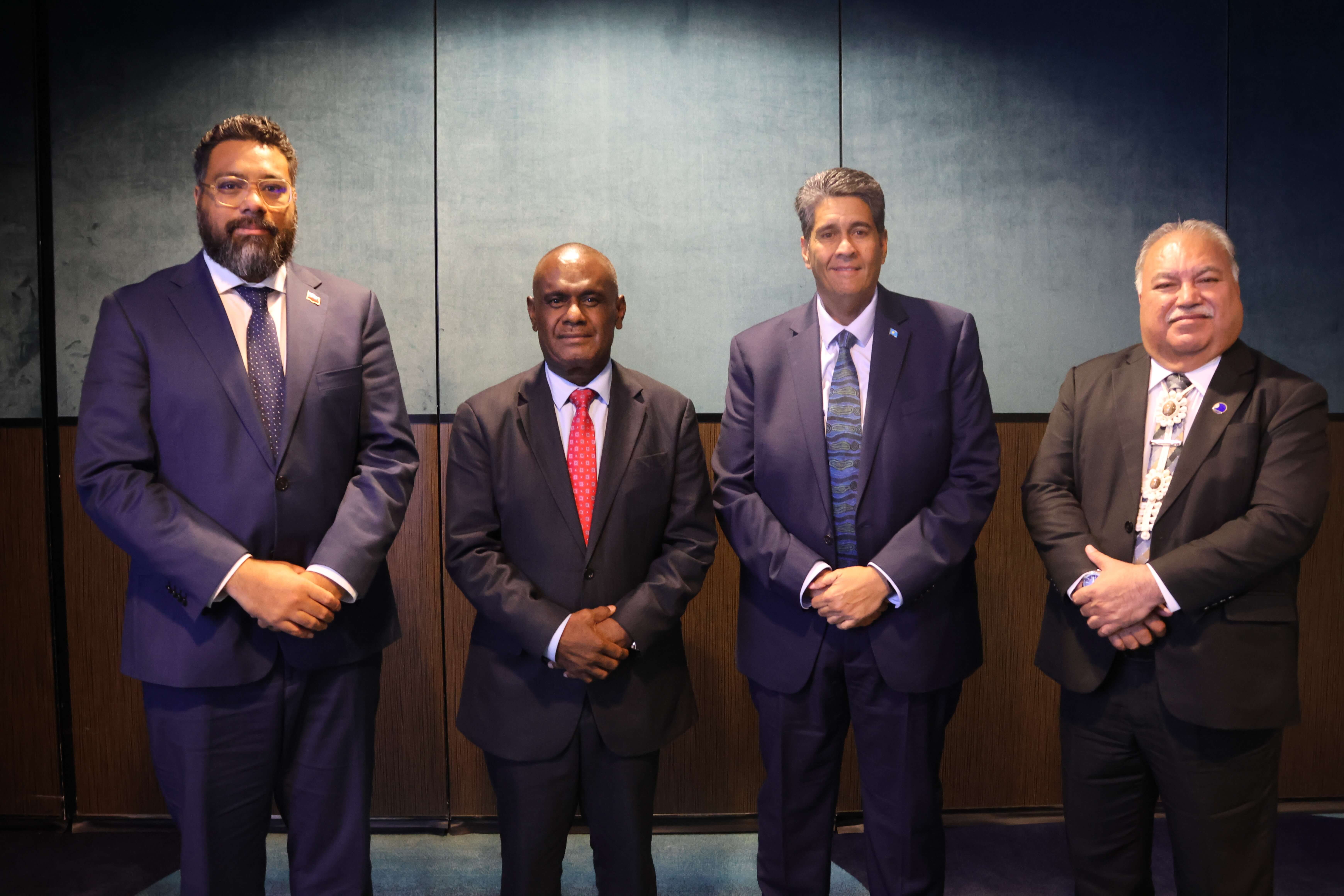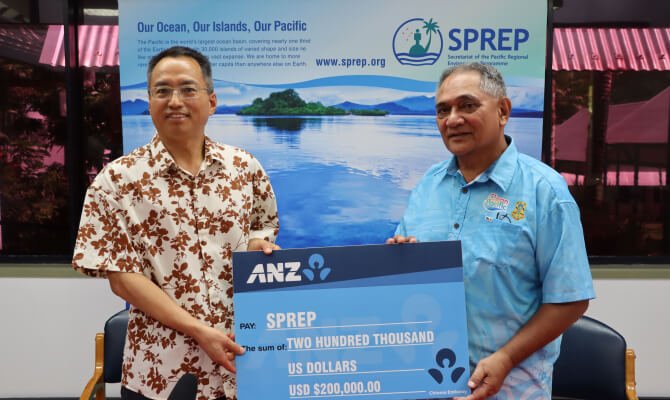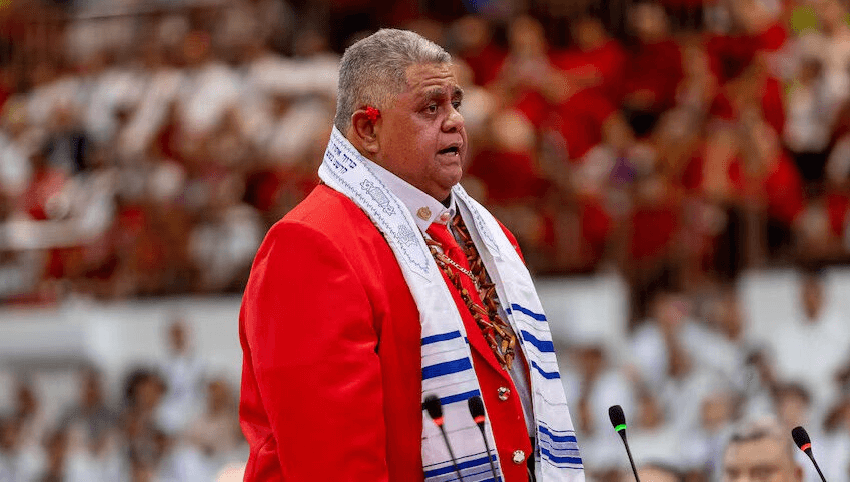Coffee might be a non-negotiable part of your morning routine, but it is also a vital agro-forestry cash crop in many countries across the globe, including Papua New Guinea (PNG).
The PNG Government considers coffee crucial for development, economic empowerment, and poverty alleviation, with an estimated 400,000 smallholders growing coffee and nearly three million Papua New Guineans reliant on income from it.1 Despite this, PNG’s coffee industry has been in a state of stagnation and decline in productivity and quality for four decades.
Carbon sequestered in coffee plants combined with improved farm management, such as planting shade trees and reducing fertiliser use, has the potential to be certified and traded as carbon credits on voluntary international carbon markets. This presents an innovative opportunity to diversify and increase incomes from coffee for farmers while also supporting positive social and environmental benefits.
Two weeks ago, Sustineo’s Dr Matt Allen, Ellis Mackenzie, and Isabel Bremner facilitated a workshop on the governance requirements and institutional arrangements to establish a carbon sequestration project in PNG’s smallholder coffee industry. Drawing together coffee and carbon farming stakeholders from PNG, Australia, and New Zealand –across government, the private sector, academia, and civil society – the workshop provided a forum for participants to share insights on how to address the challenges and maximise opportunities identified in our research.
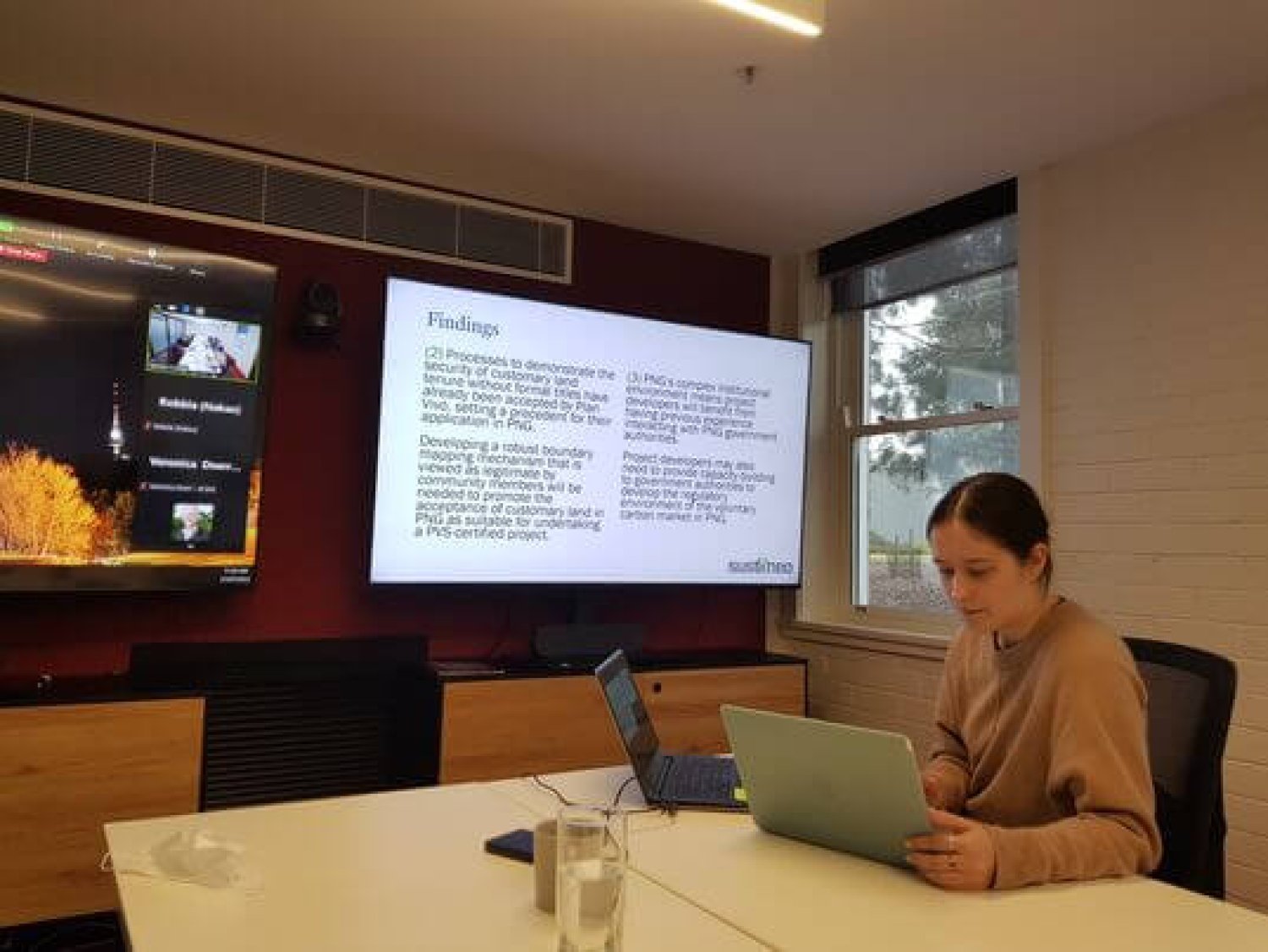
Our research to date has identified a range of key considerations for governing carbon farming in the coffee industry. These include balancing carbon permanency obligations with customary land tenure systems, ensuring that there are mechanisms for women to benefit from coffee (which is typically controlled by men), and building the capacities of organisations and smallholders to meet certification requirements.
In navigating the complex and unique context of PNG, workshop participants underscored the importance of fostering broader environmental, social, and economic benefits beyond just carbon sequestration, known as ‘co-benefits’, with a particular focus on reaching women and youth. Additionally, the importance of place and facilitating local ownership of projects were highlighted as key aspects for success. These are integral to understanding local community dynamics and facilitating capacity building that encourages community ownership over the long-term.
The workshop was a critical aspect of Sustineo’s broader collaboration with the ANU Institute of Climate, Energy and Disaster Solutions (ICEDS) in delivering the Department of Foreign Affairs and Trade (DFAT) supported project, Improving rural livelihoods via exploring carbon sequestration and trading opportunities in PNG’s coffee industry. The discussions highlighted the enthusiasm of stakeholders in contributing to the development of carbon farming in PNG’s coffee industry and the opportunities to collaborate and leverage existing relationships and capacities in the coffee sector. We are certainly looking forward to building on these workshop findings and further developing partnerships with these stakeholders during the next phase of our research.
The workshop also provided a great forum to share other relevant research being conducted in this space. We were pleased to provide an opportunity for ANU PhD student and regular Sustineo collaborator, Mawe Gonapa, to share his progress on field trial experiments in the PNG Highlands to establish baseline measurements for carbon sequestration in coffee. ANU Honours student, Mikayla Hyland-Wood, who is investigating carbon calculators for use in PNG coffee, also shared her preliminary research findings on the capacity gaps and opportunities for obtaining key data.
For more information on the workshop and the work we are doing on coffee and carbon trading in PNG, feel free to reach out to Ellis Mackenzie: ellis.mackenzie@sustineo.com.au
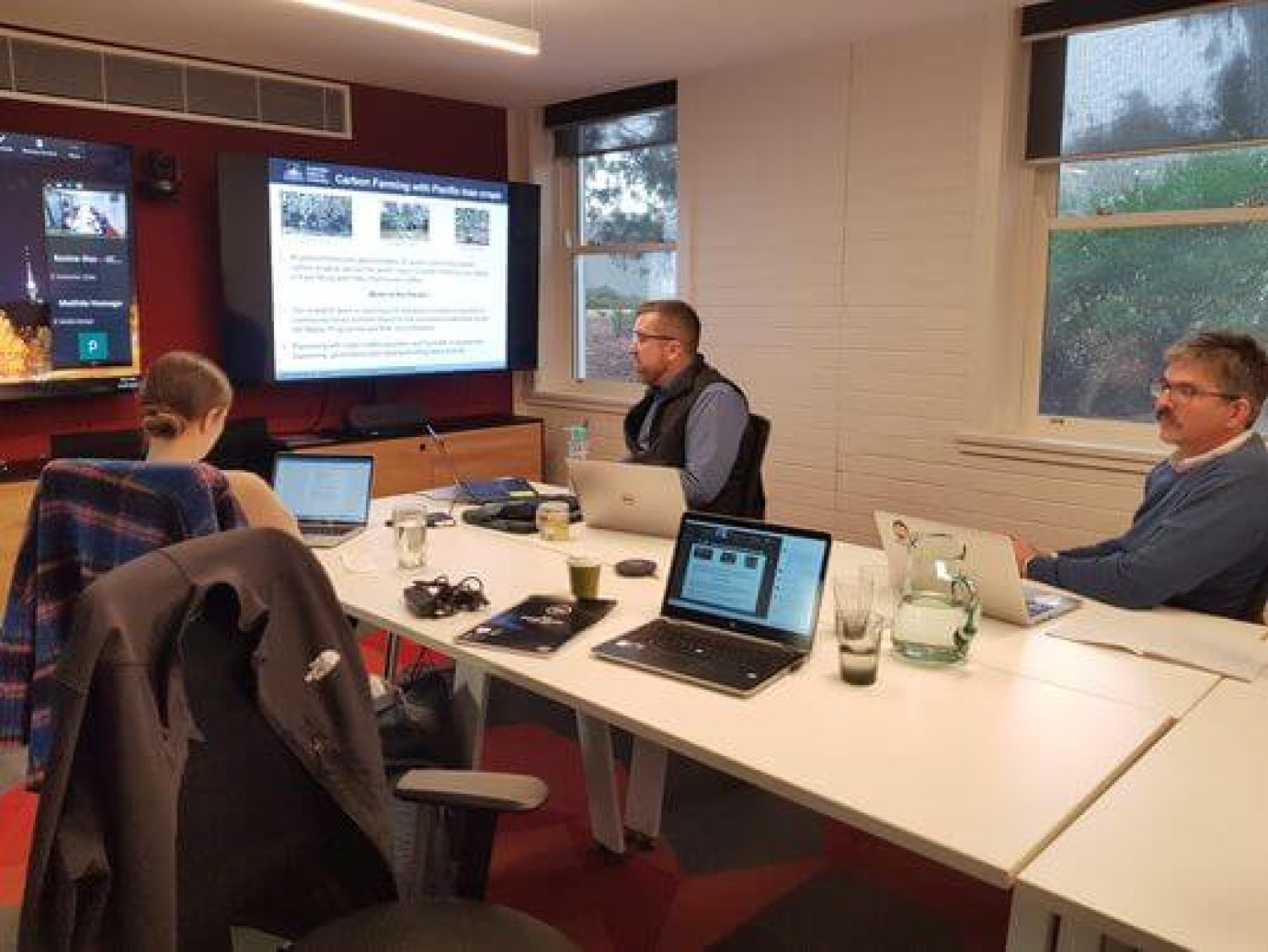
[1] Eves, R. and Titus, A. (2020) Women’s Economic Empowerment Among Coffee Smallholders in Papua New Guinea. Canberra: Australian Government Department of Pacific Affairs
